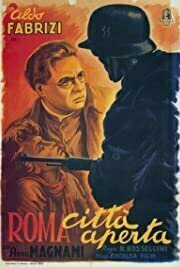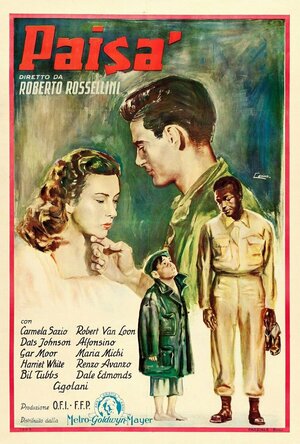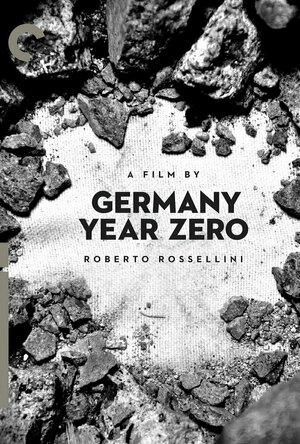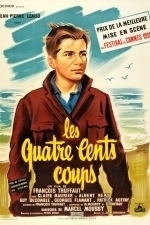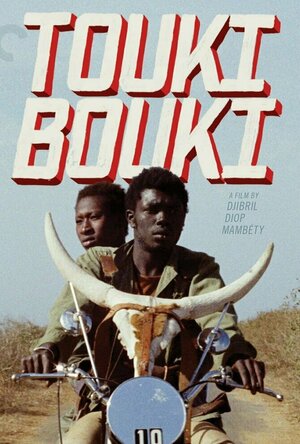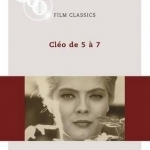
Cleo De 5 a 7
Book
Cleo de 5 a 7, Agnes Varda's classic 1962 work depicts, in near real-time, ninety minutes in the...
John Bailey recommended Rome, Open City (1945) in Movies (curated)
John Bailey recommended Paisan (Paisà) (1948) in Movies (curated)
John Bailey recommended Germany Year Zero (1948) in Movies (curated)
Improvisation and Social Aesthetics
Georgina Born, Eric Lewis and Will Straw
Book
Addressing a wide range of improvised art and music forms-from jazz and cinema to dance and...
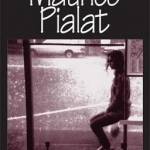
Maurice Pialat
Susan Williams, Diana Holmes, Robert Ingram and Marja Warehime
Book
One of the most gifted directors of the post New Wave, Maurice Pialat is frequently compared to such...
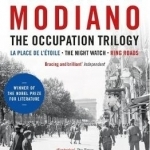
The Occupation Trilogy: La Place de L'etoile - The Night Watch - Ring Roads
Book
'Brisk, smart, witty, elliptical ...Recalls the directors of the New Wave ...Bracing and...

